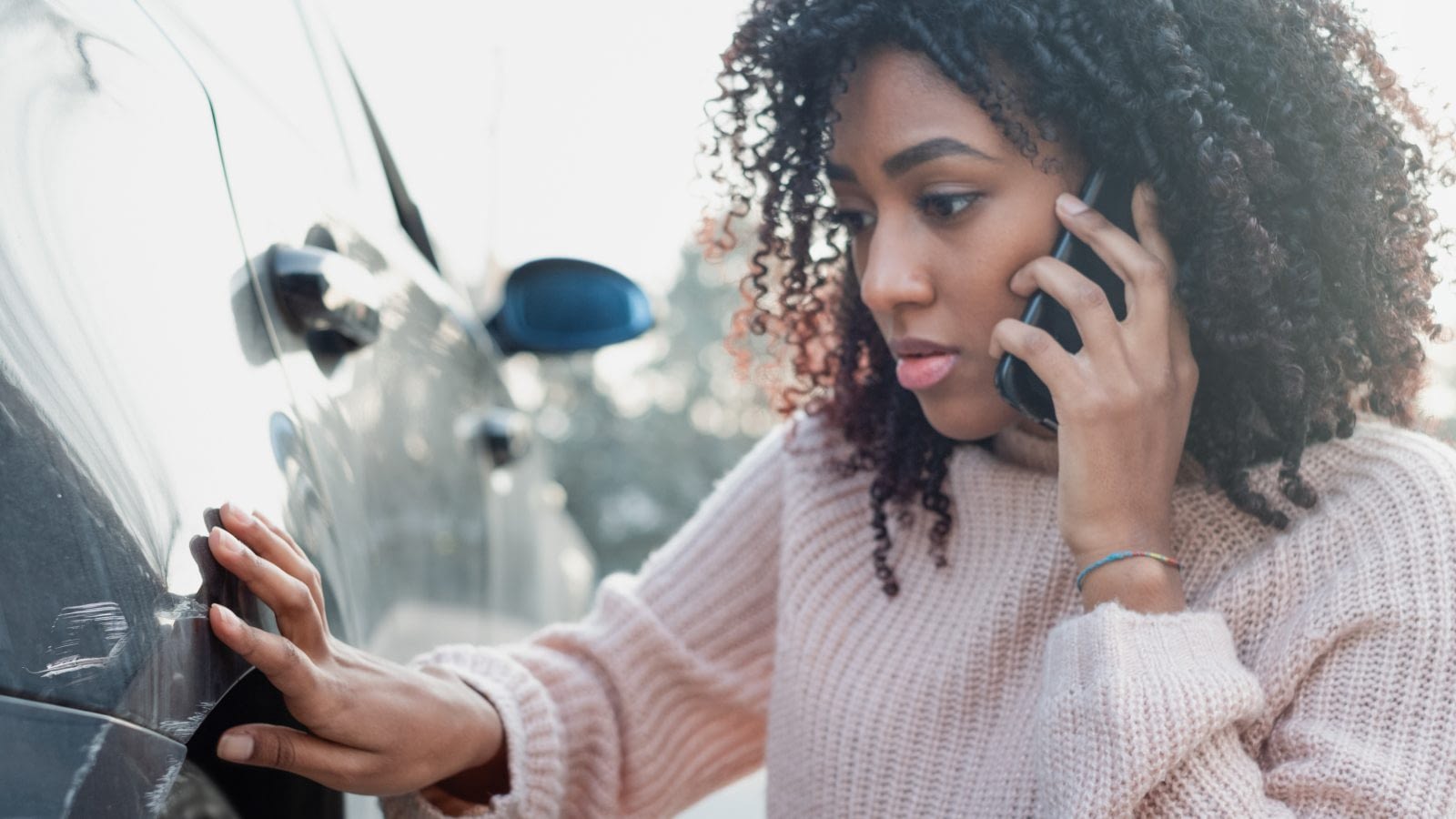- Insurance Services
- Auto, Home & Personal Insurance
- Business Insurance
- Business Interruption Insurance
- Business Owners Package Insurance
- Commercial Auto Insurance
- Commercial Property Insurance
- Commercial Umbrella Insurance
- General Liability Insurance
- Hotel & Motel Hospitality Insurance
- Manufacturers Insurance
- Professional Liability (E&O) Insurance
- Surety Bonds
- Workers' Compensation Insurance
- - View All Business
- Life Insurance
- Group Benefits
- About Us
- Policy Service Center
- Contact Us
What Steps Should I Take When in an Auto Accident?
Article originally posted on www.insuranceneighbor.com(opens in new tab)

A vehicle accident is a shock, even if it is just a minor fender-bender. The impact of the crash causes serious damage to the vehicle, or causes injuries to the driver and passengers. After an accident, taking certain steps can help you file a claim with your personal insurance policy to cover lost income from work, medical expenses, and other losses.
- Step One: Injuries? Call 911.
Thoroughly check yourself and your passengers for injuries. If anyone in your vehicle is injured, call 911 at once so that emergency services can be dispatched to the accident site. - Step Two: Move to a Safe Location.
In a minor collision, move your vehicle to the side of the road to avoid the risk of another collision. If the accident is more serious, leave the vehicle in place and get to the side of the road or sidewalk if possible. - Step Three: Stay Calm, Wait for Help.
It may take some time for emergency services or law enforcement to arrive. Stay calm and provide basic care to the injured, applying pressure with a piece of clothing to bleeding wounds. - Step Four: Exchange Information.
Exchange insurance information with other drivers in the auto accident. Do not discuss who was at fault, or what happened. - Step Five: Take Pictures.
Use your phone to take pictures of the vehicles, skid marks on the road, license plates, and your injuries. These images can be critical as evidence when filing a claim. - Step Six: Get Contact Information from Eyewitnesses.
Get the contact information (name, address, phone number) of any witnesses to the collision who have stopped to render aid. - Step Seven: Undergo a Full Medical Evaluation.
The adrenaline released into your system in an auto accident suppresses the sensation of pain. You may feel you are fine, but in a day or two, could suffer the effects of the collision, suffering intense pain, severe bruising, or worse. Tell the medical professional attending you that you were in an auto accident, so the information is entered on your chart and the right tests are performed.
Recovering from an Auto Accident and Your Personal Insurance Policy
Recovering from injuries from an auto accident can be a lengthy and painful process. While you have the right to be compensated by the auto insurance company of the responsible driver, the amount paid in a settlement may be far less than you need, particularly when the injuries affect your ability to work and earn a living. That when your personal insurance can be a lifesaver.
Personal Insurance and Auto Accidents
The driver responsible for the collision may have the minimum limits on their insurance, or in some cases the driver is uninsured, or leaves the scene, never to be found. Your personal insurance policy can provide you with the finances you need during your recovery. Personal insurance, or “personal injury protection,” (PIP), provides coverage for the cost of medical bills, lost wages, and other losses after a car accident.
No-Fault Personal Insurance
These policies have the advantage of providing coverage no matter who was at fault. If you were a passenger in an auto accident and have personal insurance, your medical bills and other losses are likely covered, based on the terms of the policy.
Need Help?
If you do not currently have personal insurance, or you would like to find a better policy, meet with one of our local insurance agents.
Filed Under: Personal Insurance